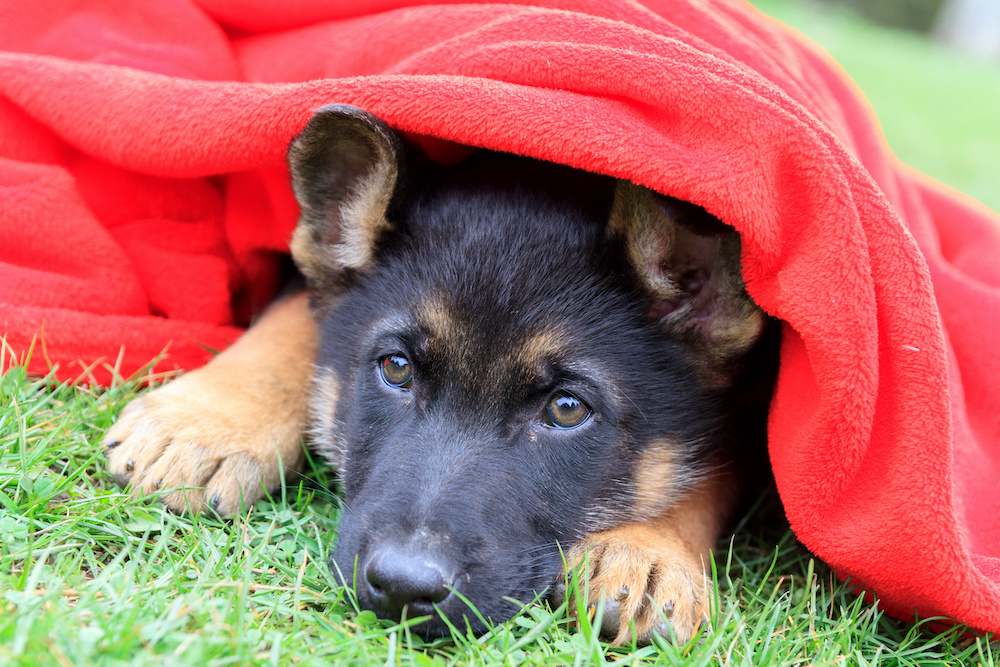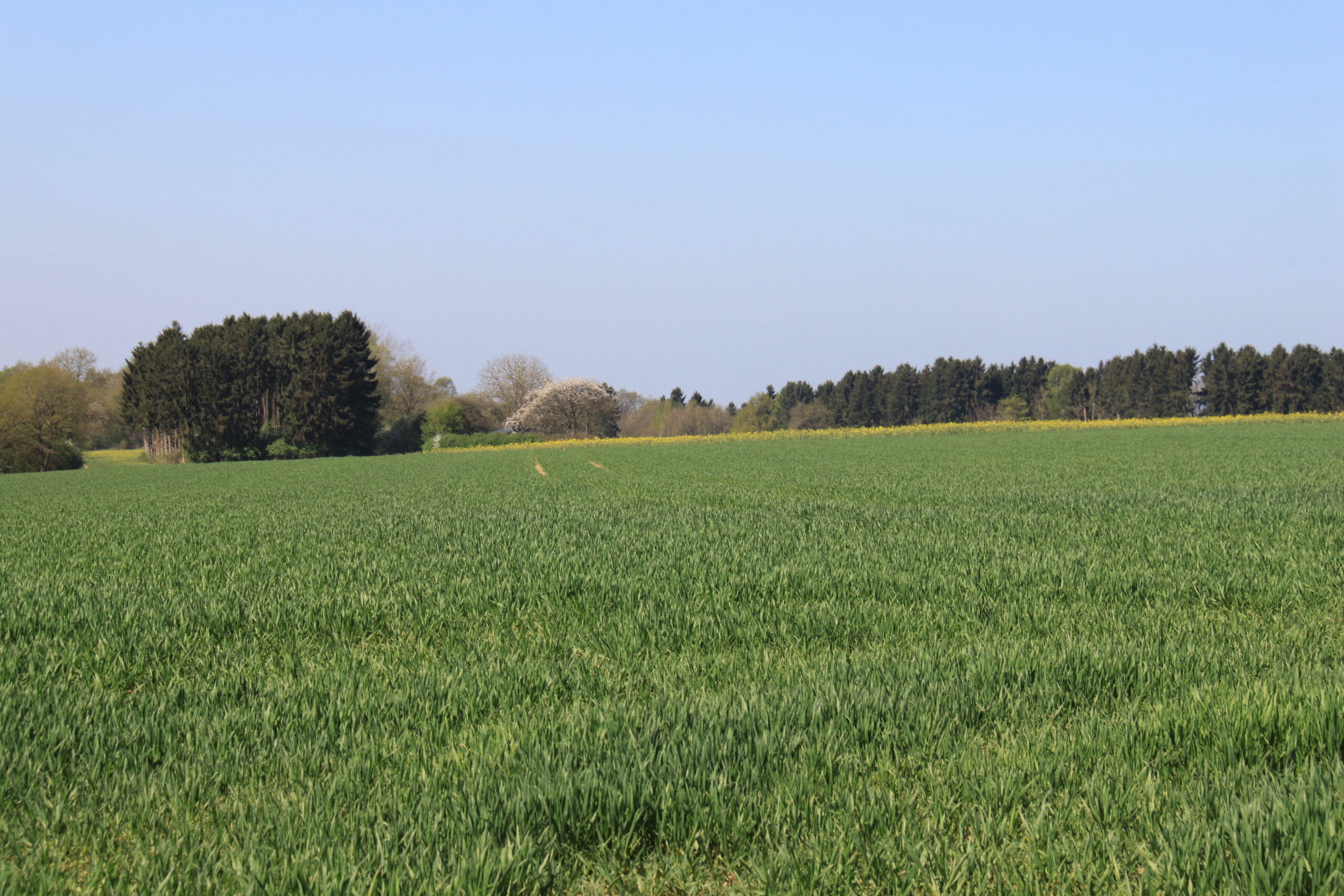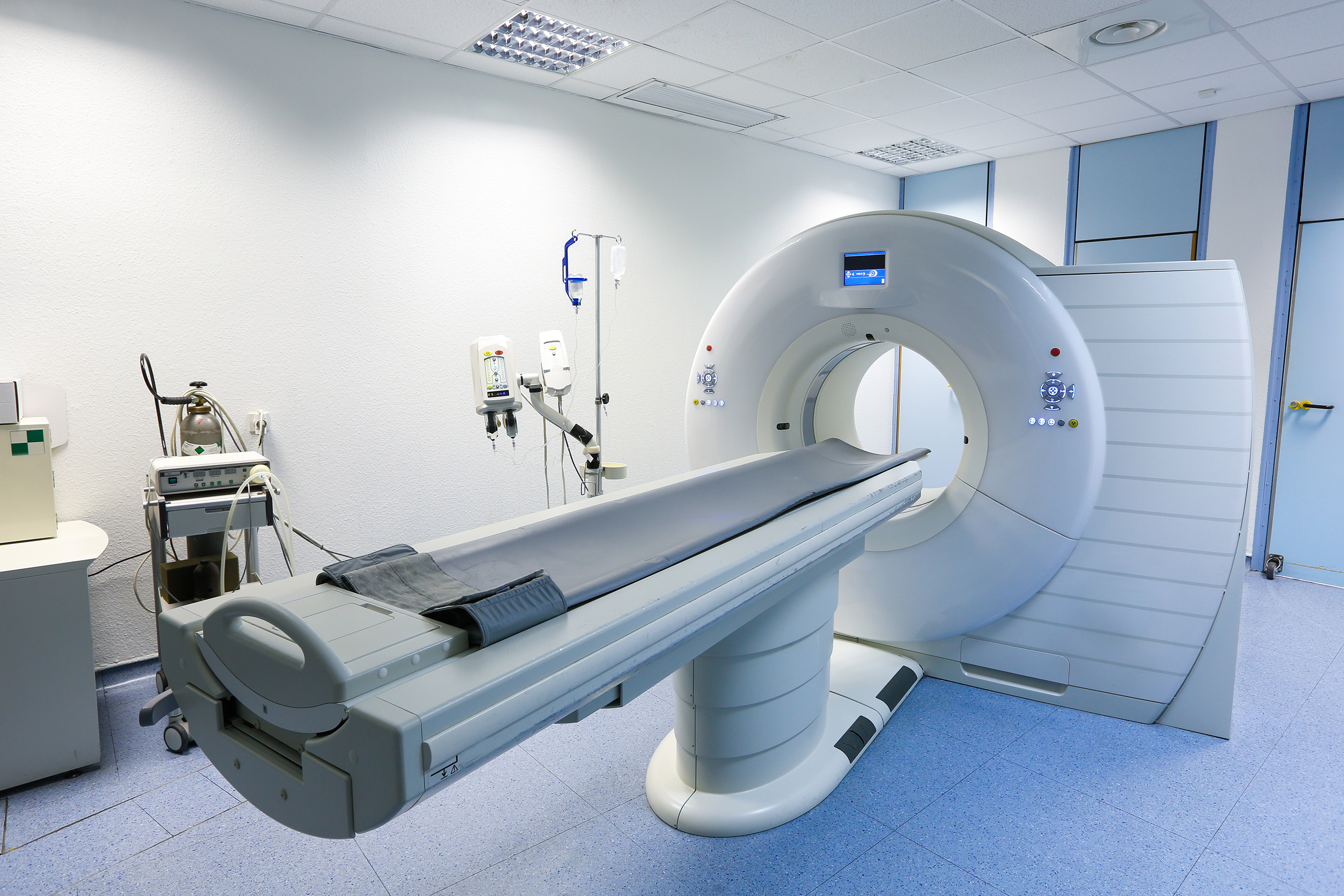« La Russie a annoncé l’homologation du premier vaccin au monde contre le coronavirus à destination des animaux carnivores. Ce vaccin appelé « Carnivac-Cov » serait efficace à 100 % et les 17.000 premières doses viennent d’être produites. L’agence vétérinaire et phytosanitaire russe, Rosselkhoznadzor, annonce que 3 millions de doses pourraient être produites par mois. Selon l’agence russe, une demande pour la mise sur le marché de l’Union européenne serait en préparation.
En novembre, le Danemark avait décidé d’éliminer l’ensemble de son cheptel de visons car ses 15 millions de bêtes étaient soupçonnées de porter et transmettre une mutation du coronavirus potentiellement problématique pour l’homme.
En effet, le coronavirus peut également atteindre nos animaux domestiques, même s’il ne les rend pas malades. Ainsi une étude baptisée Covidac, menée notamment par l’école vétérinaire VetAgro Sup près de Lyon, a montré que les animaux vivants chez des maîtres infectés ont huit fois plus de risques d’être infectés que leurs congénères. De plus, en janvier, des scientifiques britanniques avaient affirmé dans une tribune qu’une campagne de vaccination des animaux domestiques, notamment des chats et des chiens, pourrait être nécessaire pour arrêter la propagation du virus.
Dans ce contexte, j’aimerais poser les questions suivantes à Monsieur le Ministre de l’Agriculture, de la Viticulture et du Développement rural :
- Est-ce que des infections d’animaux par le coronavirus ont été signalées à l’Administration des services vétérinaires ? Dans l’affirmative, de quels animaux s’agissait-il ?
- Quelle est la position de Monsieur le Ministre sur la vaccination d’animaux contre le coronavirus ?
- Le cas échéant, est-ce que Monsieur le Ministre recommanderait la vaccination des animaux domestiques au Luxembourg si un tel vaccin était autorisé dans l’Union européenne ? »
Answer
According to a study, so far 62 dogs out of 276 and 60 cats out of 228 have tested positive for Covid. The Minister assumes, however, that the virus is primarily transmitted from humans to animals and not vice versa. In addition, the animals have no symptoms, so that a vaccination is not necessary. Once the Russian animal vaccine is approved in the EU, it is up to the owners to decide whether or not to vaccinate their pets.







